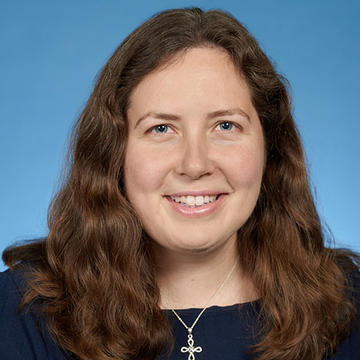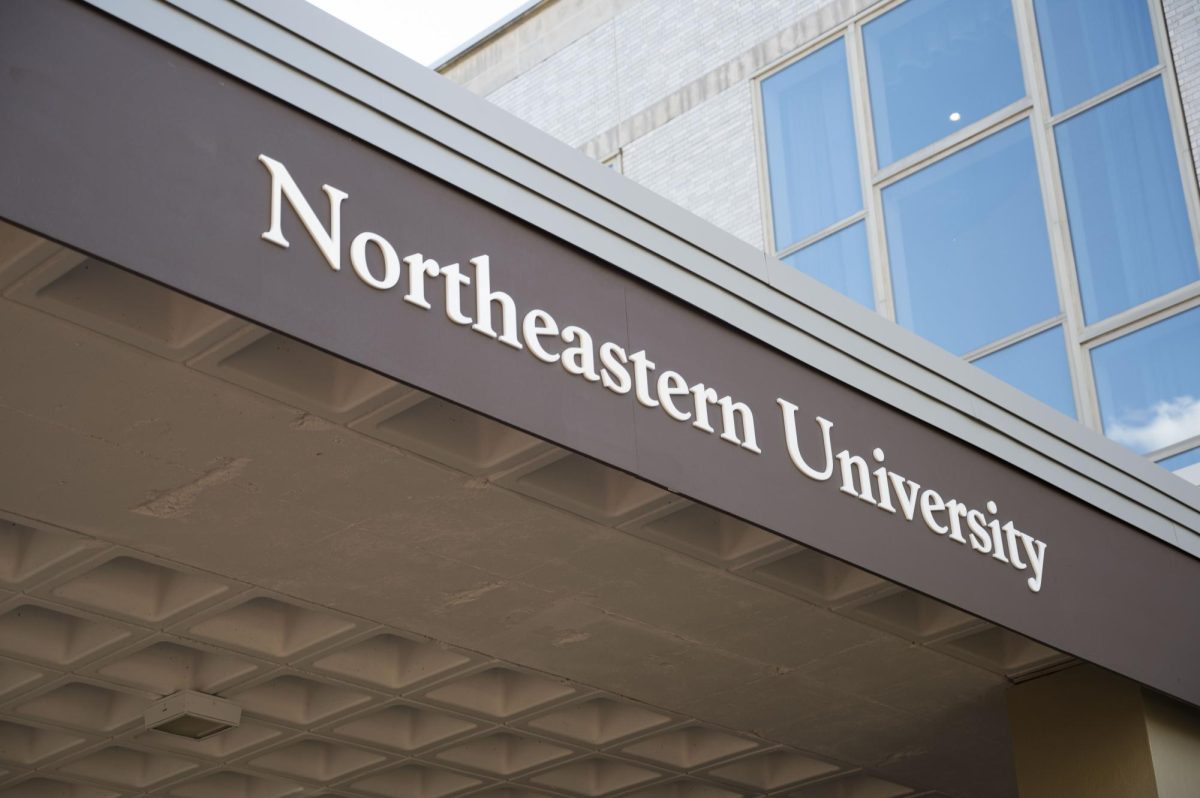City Councilor calls for NU, BU to switch to all-virtual learning for fall
NU will move ahead with in-person plan, per spokesperson

City Councilor Kenzie Bok called for Northeastern and BU to reverse their plans for in-person learning this fall.
August 4, 2020
Boston City Councilor Kenzie Bok released a letter Tuesday morning calling for Northeastern and Boston University to offer only online courses this fall and reverse course on encouraging students to return to campus.
The District 8 Councilor represents neighborhoods near both schools, including Mission Hill, Fenway and Kenmore. Both universities have announced plans to hold in-person classes this fall while welcoming all students back to residence halls and off-campus housing.
“While the focus of university reopening plans has been on methods of controlling transmission once students are here, the greatest public health risk to Boston at the moment is the sheer influx of individuals from out of state,” Councilor Bok wrote in the letter, addressed to BU President Robert Brown and NU President Joseph E. Aoun.
When asked if the university has a response to Councilor Bok’s letter or if it will reconsider its plans, Northeastern spokesperson Renata Nyul wrote in a statement to The News that NU will move ahead with its plans for in-person learning.
“Northeastern has undertaken countless extraordinary measures to plan for a safe fall semester,” Nyul wrote. “This includes launching a large-scale testing program, strict protocols around masking and healthy distancing, and completely reimagined approaches to dining and residential life. We are moving cautiously and carefully ahead with the plans we announced in June.”
According to a July report from the Boston Globe, roughly 60 percent of undergraduates who study at colleges and universities in Boston, Cambridge and Somerville come from out of state.
William Hanage, an associate professor of epidemiology at Harvard’s T.H. Chan School of Public Health, said bringing so many students in from around the country poses a public health risk to the city.
“Some of them will be infected,” Hanage said. “Some of them will be caught, some of them won’t. Some of them will infect. There are plans, I think they’re thinking about it very hard. But the reality is that there is going to be the opportunity for the real introduction of lots more virus.”
Councilor Bok wrote that the universities’ plans contained a “great deal of thought” and were strong in the areas of viral testing, housing de-densification and cleaning protocols. She wrote that the plans come up short, though, on guidance and protocols for off-campus students.
“The seniors and other vulnerable populations who live in these neighborhoods must not be put at such elevated risk,” Councilor Bok wrote.
She called for measures in addition to all-virtual learning to secure the health of off-campus communities, including isolation housing for off-campus students who test positive for COVID-19, quarantine monitoring and “serious university discipline” for violating public health guidelines, such as by having large gatherings.







